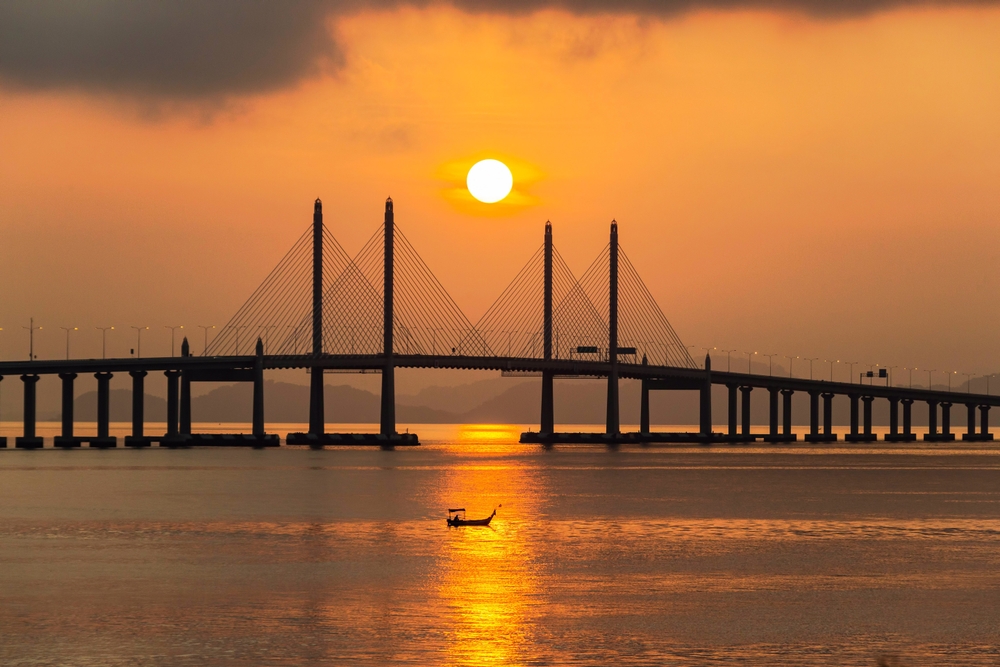TRAVEL prices are predicted to continue to increase in the remaining months of 2022 and throughout 2023, according to a study by business and events travel platform CWT and the Global Business Travel Association.
Rising fuel prices, labour shortages and inflationary pressures in raw material costs are the primary drivers of the expected price growth, according to the 2023 Global Business Travel Forecast.

The report uses anonymised data generated by CWT and the Global Business Travel Association (GBTA) with publicly available industry information and econometric and statistical modelling developed by the Avrio Institute.
“Demand for business travel and meetings is back with a vengeance, of that there is absolutely no doubt,” said Patrick Andersen, CWT’s chief executive. “Labour shortages across the travel and hospitality industry, rising raw material prices, and greater awareness for responsible travel are all having an impact on services, but predicted pricing is, on the whole, on par with 2019.”
GBTA chief executive, Suzanne Neufang, said: “What we are seeing now are multiple factors coming into play when corporate travel buyers and procurement officers model their travel programmes.”
Meetings and Events
Prices have increased in all regions across most categories of spend, fuelled by pent-up demand, a desire to build company culture and an uncertain economic outlook. The cost-per-attendee for meetings and events in 2022 is expected to be around 25 per cent higher than in 2019, and it’s forecast to rise a further 7 per cent in 2023.
Alongside pent-up demand, corporate events are now competing with many other types of events that were cancelled in 2020. And, with many companies having given up office space during the pandemic in favor of remote working, they are now booking meeting spaces when staff gather in person, further fuelling demand.
Perfect Storm in Asia Pacific
Shorter lead times for events, varying from one to three months versus six to 12 months, are also contributing to this perfect storm, perhaps underscored by corporate concerns that the situation they face today could change very rapidly. This is particularly noticeable within Asia Pacific, which has been slower than other regions to re-open post-pandemic, with ongoing restrictions in China prompting clients to make sure their events can go ahead, and as quickly as possible.
Air
Business travel airfares fell more than 12 per cent in 2020 from 2019 followed by an additional 26 per cent decline in 2021. Economy ticket prices fell over 24 per cent from 2019 to 2021, while premium tickets fell 33 per cent.
Prices are expected to rise 48.5 per cent in 2022, but even with this steep price increase, prices are expected to remain below pre-pandemic levels until 2023. Following an increase of 48.5 per cent in 2022, prices are expected to rise 8.4 per cent in 2023.
More… Border closures weigh on Asia recovery: GBTA
Rising demand and continued price rises on jet fuel, which have seen prices more than double in some markets to over US$160/barrel according to S&P Global, are putting upward pressure on ticket prices.
Premium class tickets comprised over 7 per cent of all tickets purchased in 2019. The share of premium class tickets fell to 6.5 per cent in 2020 and to 4.5 per cent in 2021 but have started to rise in 2022. Through the first half of the year, premium tickets made up 6.2 per cent of all tickets purchased. A rising share of premium class tickets will result in higher average fares as average ticket price comprises economy and premium.
Russia-Ukraine factor
International and cross border bookings are recovering across most regions which will result in a higher share of international ticket bookings and a corresponding higher average ticket price despite uncertainties caused by the war in Ukraine.
Following two years of minimal to no expenditure, business travellers are likely to be willing to spend more on tickets, especially as availability reduces due to labor shortages. This upward trend is largely due to widespread vaccine rollouts and border re-openings.
Accommodation
Hotel prices fell 13.3 per cent in 2020 from 2019 and a further 9.5 per cent in 2021, however the report expects them to rise 18.5 per cent in 2022 followed by an 8.2 per cent lift in 2023. Hotel prices have already eclipsed 2019 levels in some areas such as Europe, the Middle East & Africa and North America and are expected do so globally by 2023.
Hotel rates have risen sharply in parts of the world including a 22% rise in North America – and a forecast 31.8 per cent across Europe, the Middle East & Africa – driven by an accelerated recovery coupled with continued capacity constraints.
Hotel rate increases were initially driven by strong leisure travel in 2021 but group travel for corporate meetings and events is improving and transient business travel is similarly gaining healthy pace, putting further pressure on average daily hotel rates.



